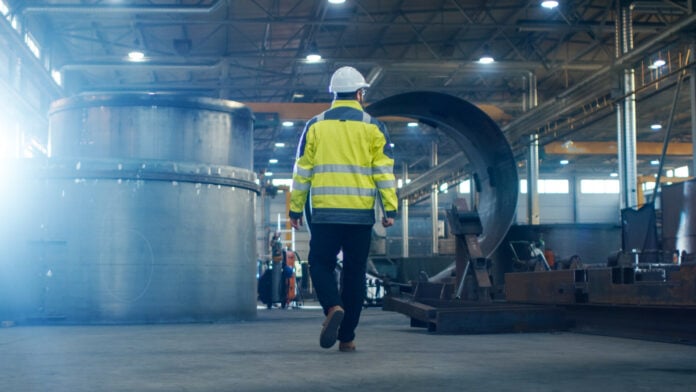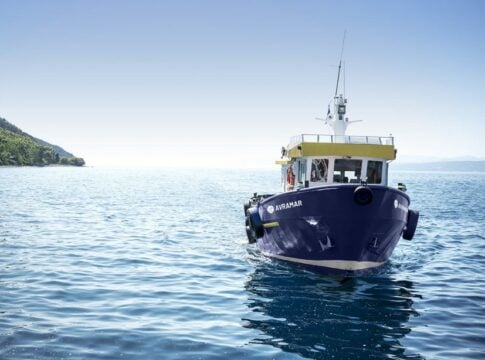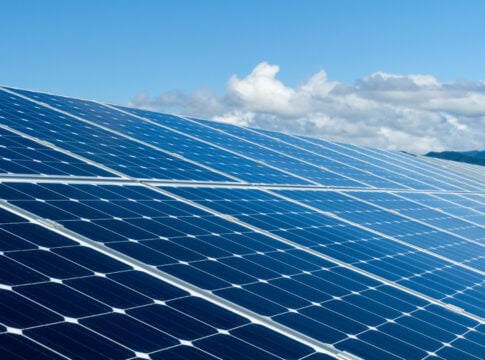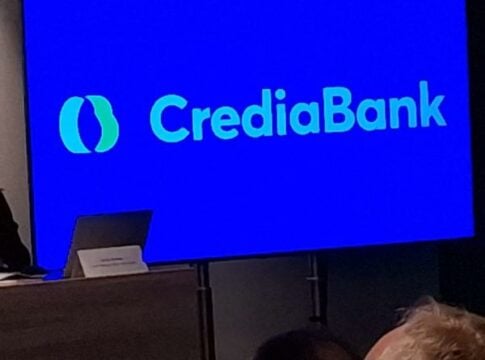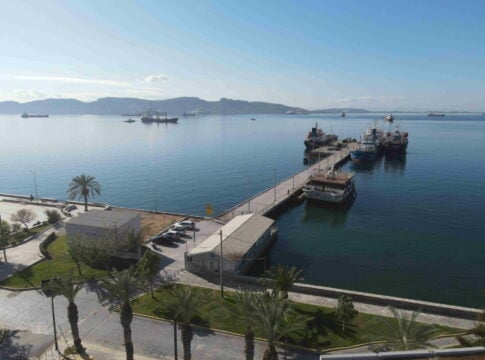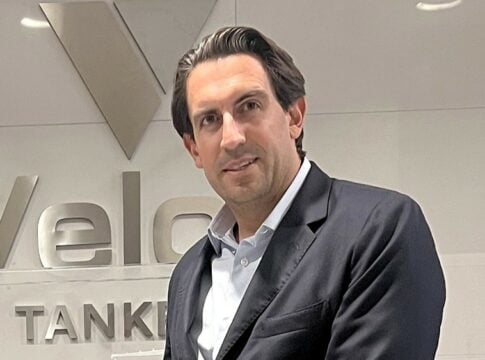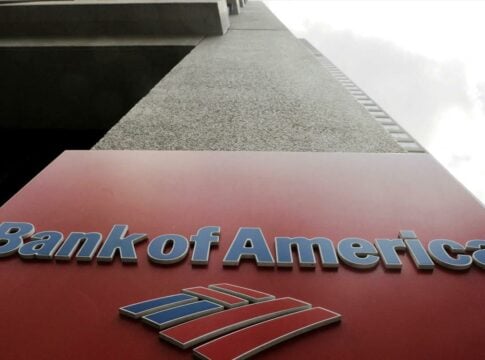The European Union aspires to build a “green customs wall” imposing tariffs on imports of carbon-intensive products, as part of the goal of rendering Europe the first climate-neutral continent.
Based on the initiative called the “Carbon Border Adjustment Mechanism” (CBAM), the Commission wants to impose a ‘green tax’ on industries producing six carbon-intensive products – cement, iron and steel, aluminum, fertilizers, electricity and hydrogen – and these industries will need to start reporting CO2 emissions. “The CBAM system will encourage industries around the world to embrace greener technologies,” according to EU Commissioner Paolo Gentiloni.
The reform will initially be implemented on a temporary basis. As of October 1, importers simply need to report the CO2 footprint of their products and companies that fail to do so will face fines.
Tariff payments will be made as of January 2026, when the CBAM mechanism will come into full effect. “We will initially see, more clearly, the way in which the industries established outside the EU produce,” a European official explained to “Naftemporiki”. “The actual ‘fund’ is expected in three years. Companies will have to pay progressive fees based on carbon market prices in the EU, with an official target of cutting greenhouse gas emissions by 55% in the 2020s so that the continent reaches climate neutrality by mid-century.” CBAM will equalize the price of carbon between domestic products and imports and ensure that the EU’s climate targets will not be undermined by the relocation of production to countries with less ambitious “green” policies.
As a European official explained to ‘Naftemporiki,’ “the CBAM system is designed according to the rules of the World Trade Organization and will work as follows: Importers in the EU will buy carbon certificates corresponding to the CO2 price that would have been paid if the products had been produced under EU carbon pricing rules. When a third-country producer can demonstrate that it has already paid a price for the carbon used to produce the imported goods in a third country, the corresponding cost can be fully deducted. CBAM will contribute to reducing the risk of carbon leakage by encouraging producers in third countries to adopt more ecological production processes,” the same source underlined to “Naftemporiki”.


